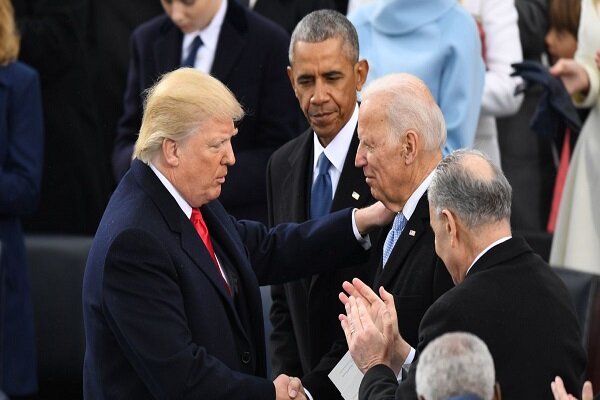No guarantee Biden’s successor will abide by the nuclear deal: professor

TEHRAN - An American professor is of the view that Biden’s administration is keen to revitalize the 2015 nuclear deal but there is no guarantee the next U.S. administration will honor the pact.
“I think that the Biden administration wants the JCPOA - after all, it was Obama and Biden that helped to create it in the first place,” Wyn Rees tells the Tehran Times. “But an administration cannot bind its successor and a subsequent U.S. president could take a different view.”
Pointing to the ongoing nuclear talks in Vienna with the hope of reviving the JCPOA, the professor in the School of Politics and International Relations at the University of Nottingham, says, “The U.S. sees containment of the nuclear program as its highest priority in its policy towards Iran.”
“But once/if that is achieved, the U.S. has other objectives that relate to Iran's ballistic missile program, and its regional influence in Iraq, Syria, Yemen, and Lebanon,” he adds.
Talks to revive the Iran nuclear deal started in Austrian capital some two weeks ago. However, a sabotage attack on the Natanz nuclear facility on April 11 was a blow to the talks. In reaction to the sabotage, which is mostly blamed on Israel, Iran is ramping up uranium enrichment. Iran has been criticizing the European parties to the nuclear deal for failing to condemned the sabotage.
The sabotage operation took place after Iran and other parties to the 2015 agreement - Britain, France, Germany, China, and Russia - described the talks as "constructive" in efforts to bring Washington into full compliance with the accord.
“Israel believes that an Iranian nuclear device could lead to the destruction of Israel. It is prepared to use a variety of means to prevent this including sabotage, cyber-attacks and assassination,” the American academic opines.
Rees points out that Israel’s “last resort would be to use force to destroy any Iranian nuclear facilities, as it did in the case of the Iraqi reactor at Osiraq.”
But on April 13, Iran announced it would start enriching uranium at up to 60 percent purity, higher than it has ever done before, proving that it will not give in acts of sabotage.
While some experts say that the road to reach an understanding between two countries (the U.S. and Iran), is long and rocky, Rees believes that “it is encouraging that the two sides are now meeting. As I expected, European diplomats are acting as intermediaries and helping to facilitate the dialogue.”
The American professor said, “The two sides need to agree a series of steps that will enable them to return to the terms of the JCPOA. This will be done in stages as confidence is re-established between the two sides.”
Leave a Comment